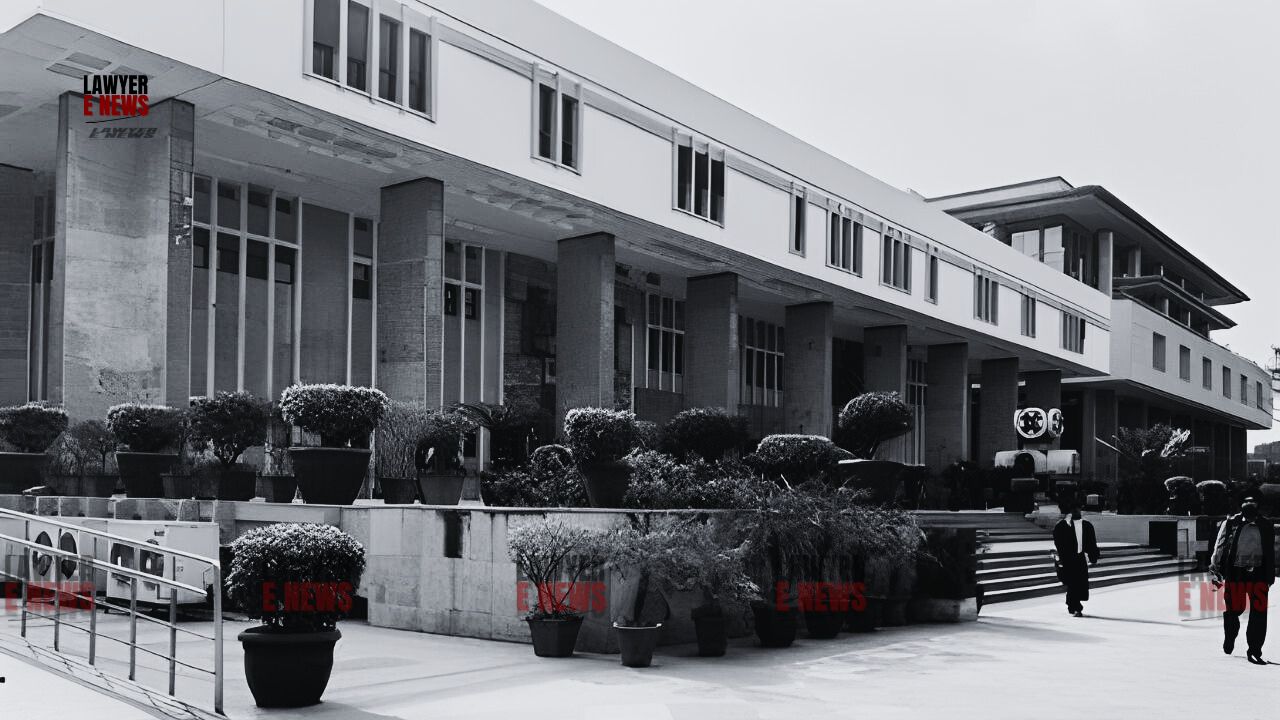-
by Admin
15 February 2026 5:35 AM



Delhi High Court in W.P.(CRL) 2377/2024 dismissed a writ petition filed by Rachit Kapoor seeking protection for his family and a direction to lodge an FIR. The Court held that the petitioner should exhaust available statutory remedies under the Criminal Procedure Code (CrPC) before approaching the High Court under Article 226 of the Constitution.
The petitioner, Rachit Kapoor, alleged that his father-in-law, Deepak Chaudhary, the former president of the Delhi Stock Exchange, had been murdered in 1999 by high-ranking officials. He further claimed that his family had been subject to continuous harassment, including illegal surveillance, hacking, and poisoning. Multiple complaints had been made to various authorities, including the RBI, SEBI, and CBI, but no action was taken. After the rejection of an application under Section 156(3) of CrPC by the Chief Metropolitan Magistrate (CMM) in December 2020, the petitioner approached the High Court under Article 226.
The primary legal issue was whether the High Court should exercise its jurisdiction under Article 226 when the petitioner had alternative remedies available under the CrPC. Justice Dinesh Kumar Sharma noted that Article 226 is not meant to bypass statutory remedies like Section 156(3) or Section 200 of the CrPC, which provide avenues for redressal.
Citing the Supreme Court's ruling in Sakiri Vasu v. State of U.P., the Court reiterated that a petitioner must first approach the police or the Magistrate before invoking the High Court’s writ jurisdiction. The Court also referenced Thansingh Nathmal v. Superintendent of Taxes, emphasizing that writ petitions should only be entertained in cases involving violations of fundamental rights, natural justice, or jurisdictional issues, none of which applied in this case.
The Court observed that the petitioner had previously sought similar relief before the CMM, which had dismissed the application. Additionally, the petitioner’s revision petition before the Delhi High Court was also dismissed on September 12, 2024, with liberty to approach the Sessions Court. Despite this, the petitioner filed the present writ petition without availing these remedies.
The Court noted that while it has broad powers under Article 226, these powers must be exercised judiciously and not as an alternative to statutory procedures. The petition was deemed too broad, vague, and based on unsubstantiated allegations, making it unsuitable for the Court's intervention.
The Delhi High Court dismissed the writ petition, reaffirming the principle that alternative remedies under CrPC must be exhausted before invoking Article 226. The Court allowed the petitioner to file a fresh complaint under Section 200 CrPC and directed the police to consider any request for protection in accordance with the law.
Date of Decision: September 25, 2024
Rachit Kapoor v. Union of India (W.P.(CRL) 2377/2024).
